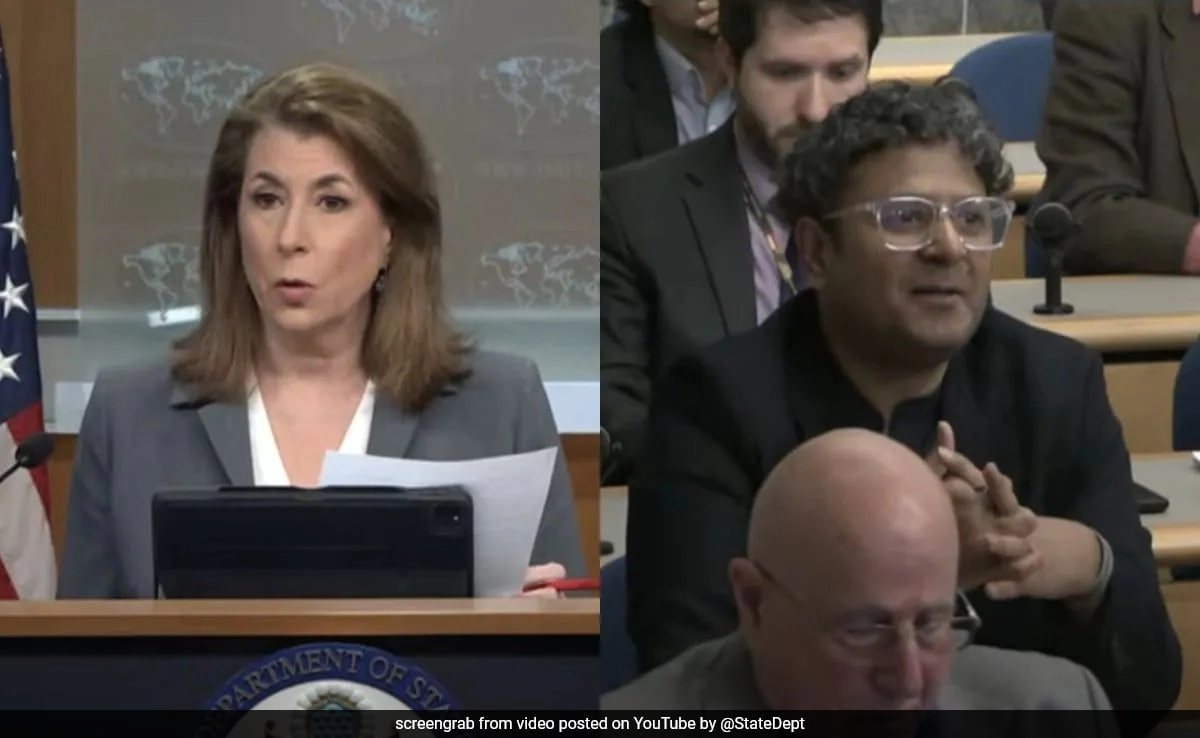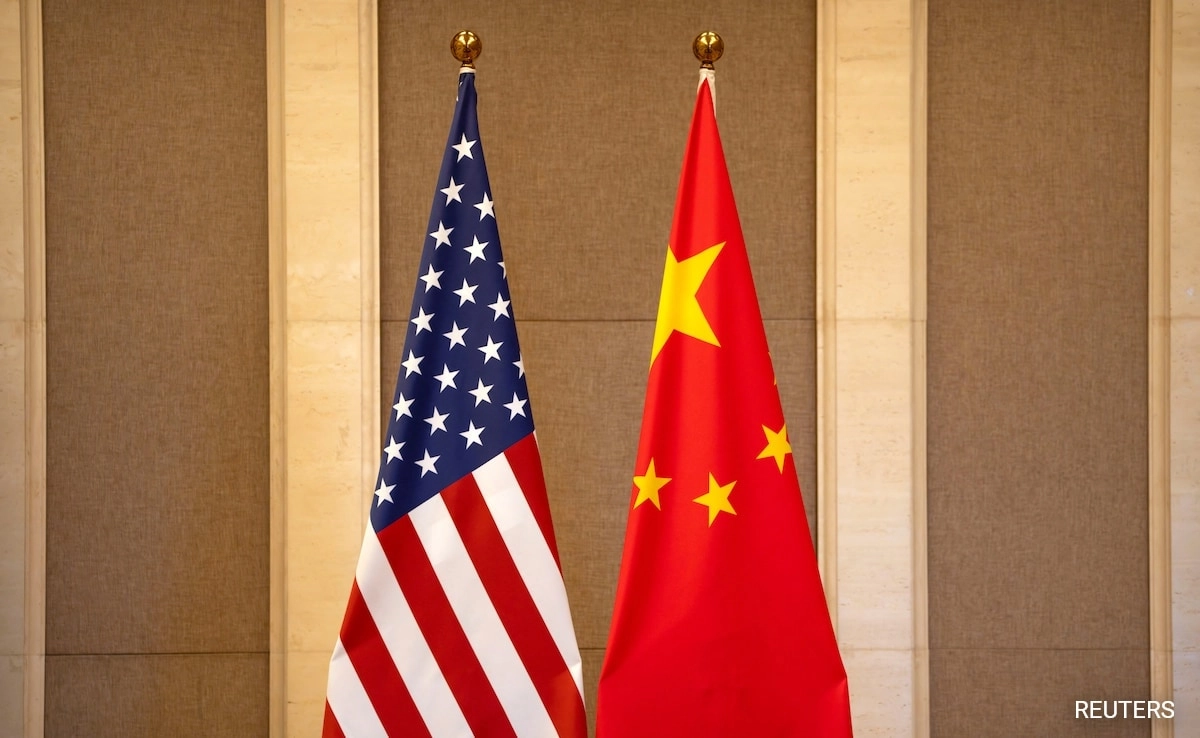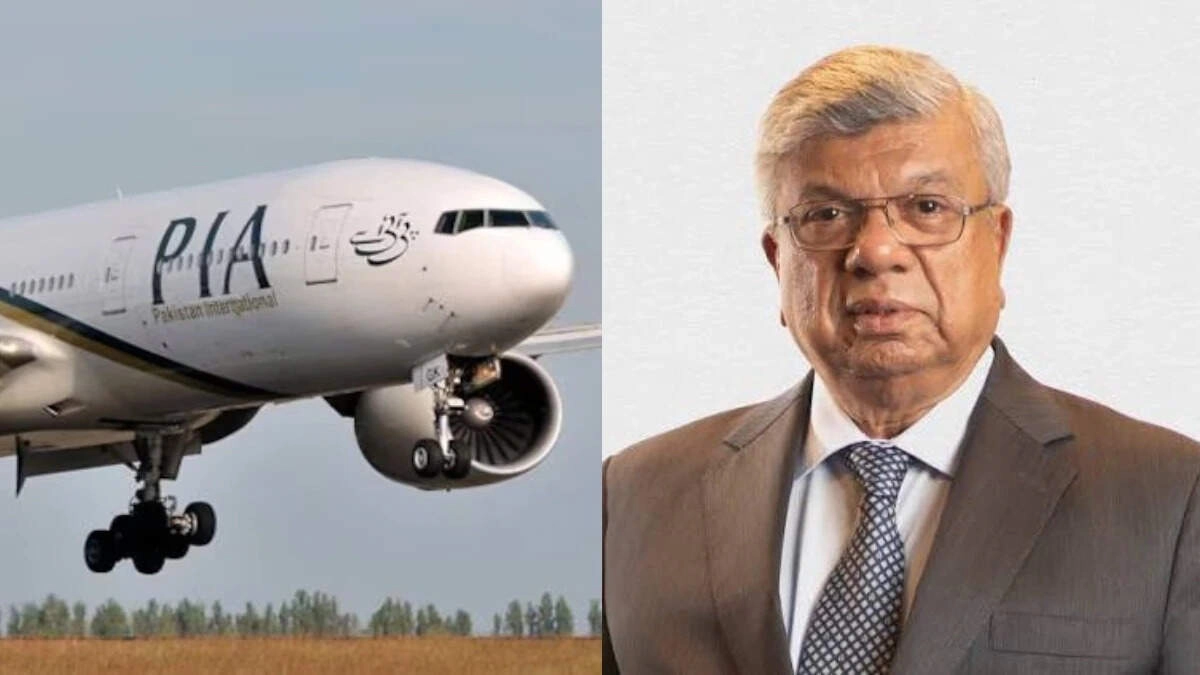After a decade marked by fluctuating diplomatic efforts, sweeping United Nations sanctions have been reimposed on Iran, reflecting the international community’s growing frustration over the country’s nuclear ambitions. These sanctions come on the heels of unsuccessful negotiations aimed at curbing Iran’s nuclear program, which many nations fear could lead to the development of nuclear weapons. The failure of these talks underscores the challenges that persist in addressing Iran’s nuclear activities, which have been a source of tension in the Middle East and beyond.
The reintroduction of sanctions targets various sectors of the Iranian economy, including oil exports, banking, and military services. The impact of these sanctions is expected to be profound, exacerbating an already strained economy that has been grappling with the effects of previous restrictions and the fallout from the COVID-19 pandemic. Iranian officials have expressed their discontent with the renewed sanctions, labeling them as unjust and detrimental to the welfare of ordinary citizens. The Iranian government has vowed to continue its nuclear program, asserting its right to develop technology for peaceful purposes while navigating the complicated landscape of international relations.
In the backdrop of these developments, the geopolitical landscape remains fraught with uncertainty. Regional allies of the United States, particularly Israel and Saudi Arabia, have welcomed the sanctions, viewing them as a necessary step to curb Iran’s influence in the region. Conversely, Iran’s allies, including Russia and China, have criticized the sanctions, arguing that they undermine diplomatic efforts and could lead to further instability in the Middle East. As tensions escalate, the potential for miscalculations or confrontations increases, raising concerns about the long-term implications of these renewed sanctions on regional security and global diplomatic efforts.
The failure of the nuclear talks and the return of sanctions serve as a reminder of the complexities involved in negotiating with Iran. The international community faces a delicate balancing act: addressing legitimate security concerns while avoiding actions that could provoke further hostilities. As the situation evolves, the need for dialogue and diplomatic engagement remains crucial. Stakeholders must explore alternative avenues to achieve a peaceful resolution to Iran’s nuclear program, ensuring that the interests of all parties are considered in a sustainable and comprehensive manner. The path ahead is uncertain, but the stakes are undeniably high for both Iran and the global community.




